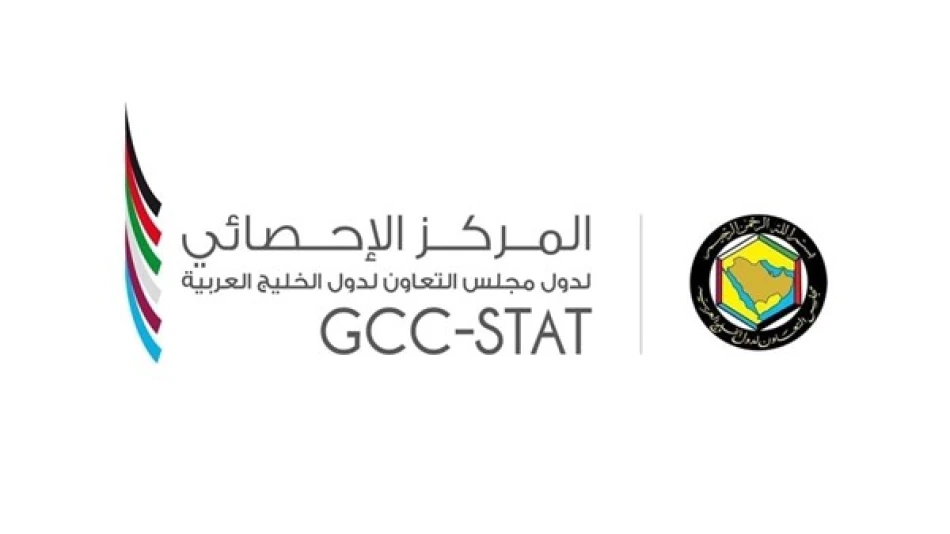
GCC Nations Achieve Sustainable Waste Management Goals, Reduce Per Capita Waste
Gulf States Achieve Major Waste Management Breakthrough as $97 Billion Market Takes Shape
The Gulf Cooperation Council (GCC) states have successfully met UN Sustainable Development Goal 12 for hazardous waste recycling, achieving a 30% recycling rate in 2023 while dramatically expanding their waste treatment capacity by 128.5% since 2019. This environmental milestone coincides with the emergence of a lucrative waste management market projected to reach $97.4 billion by 2030, positioning the region as a leader in circular economy transformation.
Household Waste Generation Drops Despite Economic Growth
In a remarkable reversal of typical consumption patterns, GCC countries reduced per capita household waste by 17.4% to 1.4 kilograms per person daily by the end of 2023. Total household waste collection peaked at 35.5 million tons in 2020 during the pandemic but declined to 30.8 million tons in 2023, demonstrating sustained behavioral changes and improved waste reduction policies.
This achievement is particularly significant given the region's rapid economic diversification and population growth. Unlike many developed economies where waste generation typically correlates with GDP growth, Gulf states have decoupled economic expansion from waste production—a critical milestone for sustainable development.
Infrastructure Investment Drives Treatment Capacity Surge
The region's waste treatment capacity reached 192.0 million tons by 2023, representing a 128.5% increase from 2019 levels. This massive infrastructure expansion reflects billions of dollars in government and private investment, positioning GCC states ahead of many developed nations in waste processing capabilities.
Medical Waste Facilities Double Down Post-COVID
Despite an 11.4% reduction in medical waste collection in 2023 compared to 2022 as COVID-19 impacts waned, GCC countries increased specialized medical waste incineration sites to 23 facilities—a 27.8% expansion. More importantly, the design capacity of these facilities surged by 123.9% to 207,500 metric tons, indicating long-term strategic planning beyond immediate pandemic needs.
This proactive approach contrasts sharply with European and North American responses, where medical waste infrastructure often struggled during peak COVID periods and has since faced capacity constraints.
Industrial and Agricultural Waste Streams Accelerate
The post-pandemic economic recovery drove industrial hazardous waste collection up 23.8% in 2023, while agricultural waste surged 44% to 2.5 million tons. Municipal waste from economic activities also grew from 11.9 million tons in 2019 to 14.3 million tons in 2023, reflecting the region's economic diversification success.
These increases, while challenging from a volume perspective, represent economic vitality in non-oil sectors—a key strategic objective for Gulf economies seeking to reduce hydrocarbon dependence.
Export Strategy Dominates Hazardous Waste Management
The GCC exports 95.8% of its hazardous waste to other countries for specialized treatment, primarily through recycling and metal recovery processes. While this approach ensures proper treatment using advanced international facilities, it also represents a potential opportunity for domestic industry development.
Countries like Singapore and South Korea have built substantial domestic hazardous waste treatment industries that serve regional markets. The GCC's current export-heavy model could evolve into a similar hub strategy, particularly given the projected market growth.
Market Opportunity Reaches Nearly $100 Billion
According to Mordor Intelligence analysis, the GCC waste management sector represents a $68.3 billion market in 2025, expanding to $97.4 billion by 2030 with a 7.4% compound annual growth rate. This growth trajectory exceeds global averages and reflects both increasing waste volumes and higher treatment standards.
Investment Implications and Regional Competition
The market expansion creates opportunities across the waste management value chain, from collection and sorting to advanced recycling and energy recovery. International waste management companies are likely to increase regional investments, while local conglomerates may view this as a diversification opportunity from traditional energy and construction sectors.
The GCC's success also positions it favorably against regional competitors. While countries like Turkey and Egypt struggle with basic waste collection, Gulf states are implementing advanced circular economy principles that could attract environmental, social, and governance (ESG)-focused investment capital.
Regulatory Framework Drives Performance
The region has submitted 87 national reports under the Basel Convention on hazardous waste control, demonstrating robust regulatory compliance that exceeds many developed nations. This regulatory maturity provides a stable foundation for continued private sector investment and international partnerships.
The combination of strong government commitment, substantial infrastructure investment, and a rapidly growing market positions the GCC as an unexpected leader in global waste management innovation. As oil revenues continue supporting this transition, the region may emerge as a model for other resource-rich economies seeking sustainable development pathways.
Most Viewed News

 Layla Al Mansoori
Layla Al Mansoori






